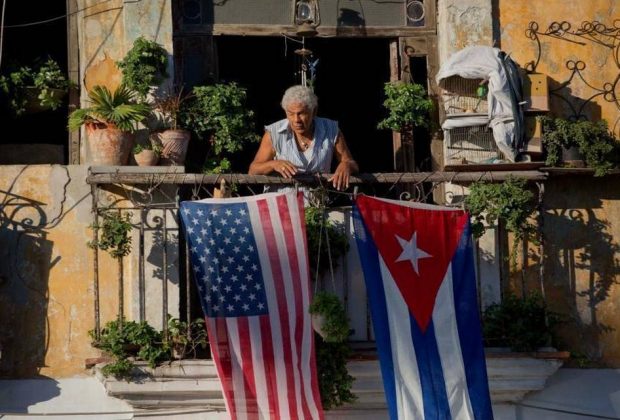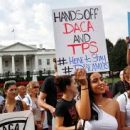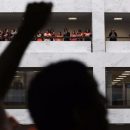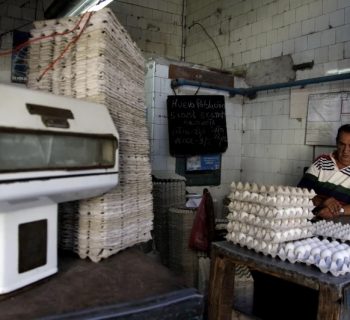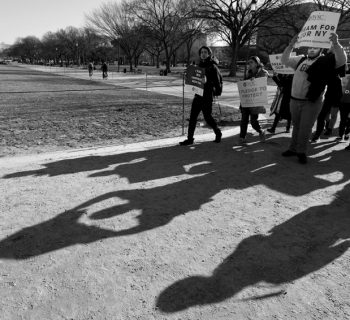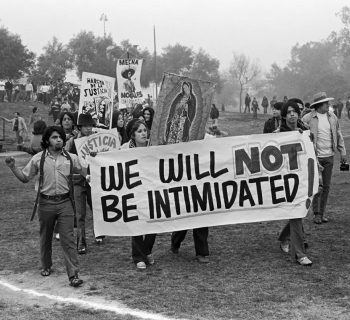By VICKI HUDDLESTON, New York Times ~ NOV. 21, 2017
A little more than a year ago, Cubans were exulting in the normalization of relations between their country and the United States after decades of trade and travel barriers. But on a recent trip to Havana, I found Cubans dismayed by President Trump’s reversal of the détente started by his predecessor, Barack Obama.
Mr. Trump had appealed to older Cuban-Americans by taking a tough stance against the Castro regime on the campaign trail, and they helped him carry the Florida in the 2016 election. In August, reports surfaced of American and Canadian diplomats in Havana experiencing mysterious ailments that resulted in hearing losses and cognitive problems.
The illnesses, which the United States government has suggested were caused by a “sonic weapon,” appear to have given Mr. Trump the pretext to fulfill his campaign promise and take a harder line on Cuba.
The result is a return to a Cold War mentality and a set of failed policies that will do little to improve human rights in Cuba or to hasten the end of the Castro regime. The embargo imposed by the United States for more than 55 years only strengthened Cuba’s authoritarian government by restricting people’s access to opportunities to better their lives. With a return to Cold War-era policies, it is the Cuban people — not their government — who will suffer.
Nearly two dozen American diplomats returned to the United States for medical treatment for ailments that included dizziness and nausea. The cause remains a deep mystery. Mr. Trump, providing no evidence, said he believed that the Cuban government was responsible. Yet many experts say it is unlikely that a sonic device could have caused the variety of symptoms experienced by the diplomats. The Cuban government has denied involvement in an attack.
In a speech in Miami in June, Mr. Trump had promised that his administration would restrict travel to Cuba and prohibit financial transactions with businesses owned or managed by Cuban security services and the military. At the time, Mr. Trump’s critics held out hope that diplomatic relations, which Mr. Obama had upgraded to the embassy level, would continue and ensure a stable relationship.
But in August, following the reports of the illnesses among diplomats, relations rapidly deteriorated. Hard-line Cuban-Americans, led by Senator Marco Rubio, pressured the administration, which later reduced the American Embassy staff in Havana by more than half and ordered an equivalent drawdown of staff at the Cuban Embassy in Washington. The State Department issued a warning advising Americans not to travel to Cuba.
Before the illnesses became public, the United States and Cuban governments had been dealing with the situation in a professional manner. President Raúl Castro had assured American diplomats that the Cuban government was not responsible for the diplomats’ condition and invited the F.B.I. to investigate.
Both sides have become increasingly frustrated. The United States wants progress in identifying the weapon and the culprit, and the Cubans feel that they are being unfairly punished.
Last month, Cuba’s foreign minister, Bruno Rodríguez Parrilla, said, “There is no evidence whatsoever” of the “alleged incidents or the cause or origin of these ailments reported by U.S. diplomats.” Mariela Castro, daughter of Cuba’s leader, mocked the illnesses, claiming that “even ‘Star Wars’ didn’t contain such fantasies.” According to a report in The Guardian, some neurologists suspect that the ailments may be some form of “mass hysteria.”
President Castro is expected to step down in February. It’s unlikely that his government knowingly carried out any attacks — it lacks an obvious motive. It is possible that attacks were carried out by a breakaway group of hard-liners in the government. Some conservatives who had been aligned with Fidel Castro are unhappy with the thaw in relations between the United States and Cuba and may be working to outmaneuver more reform-minded competitors.
The Trump administration’s reaction to the diplomats’ ailments — suggesting the Cuban government is responsible and further rolling back Obama administration efforts toward normalization — has only strengthened the position of the Cuban hard-liners who reject internal reform and greater freedom for the Cuban people.
A Cuban official told me last month in Havana that he thinks United States intelligence agencies fabricated the injuries to undermine relations between our governments. Far-fetched conspiracy theories like that underline the confusion and disappointment felt by many Cuban officials. They also illustrate that there is no longer trust between the two governments.
Mr. Trump’s tougher approach is already affecting Cuba. The travel warning has hurt the fledgling private sector as fewer Americans are renting rooms, patronizing family-owned restaurants and purchasing souvenirs. The closing of the American Embassy’s consular section means that tens of thousands of Cubans are no longer able to visit family in the United States and bring home items like televisions, radios, cellphones and video players — products that for the first time in decades were putting them in close contact with the rest of the world.
The result is that Havana appears headed for a recession, given the end of cheap Venezuelan oil, the drop in American visitors and the impact of Hurricane Irma, a Category 5 storm that flooded the city and devastated Cuba’s north coast.
History has shown that whenever the United States threatens Cuba, the regime clamps down on the opposition. Fidel Castro jailed some 75 dissidents in 2003 after President George W. Bush began to retreat from President Bill Clinton’s modest opening to Cuba.
With our bilateral relationship in shreds and America’s eyes forced shut by the embassy drawdown, Washington is unlikely to have any advance notice or influence over what is happening in the country. In essence, conservative Cuban-Americans allied with Mr. Trump have dealt Washington out of playing a role in Cuba’s future.
Vicki Huddleston was head of the United States Interests Section of the Embassy of Switzerland in Havana from 1999 to 2002.

